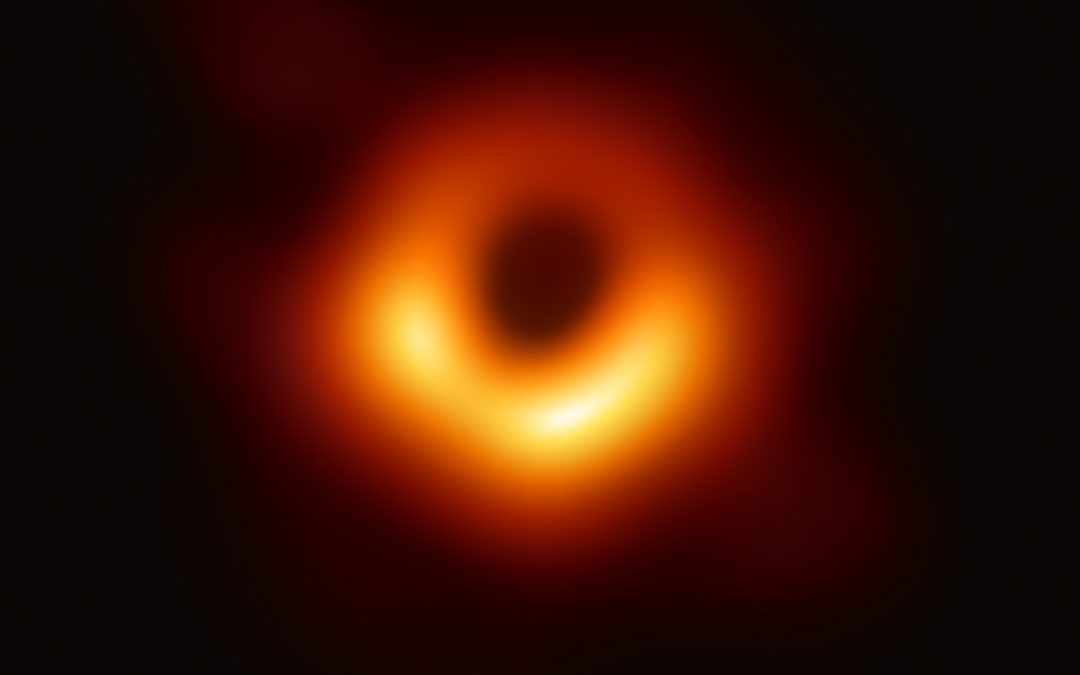
by d_admin | Apr 11, 2019 | Innovation, Janice Willson, Physics, Science News, The Night Sky
Yesterday was a big day in science in general and astronomy in particular. If you didn’t already hear the news, scientists have released their first picture of a black hole, ever. They have been detected from time to time but this is the first time one has been...

by d_admin | Feb 7, 2019 | Interesting People, Janice Willson, The Night Sky, Women in Science
Our latest installation into our Women in Science blog recently passed away at the age of 93 and was considered the Mother of the Hubble Telescope. Nancy Grace Roman worked for NASA for nearly two decades and was one of the first women executives there. She fought for...

by d_admin | Nov 29, 2018 | Interesting People, Janice Willson, The Night Sky, Women in Science
Today we are starting a new monthly blog devoted to women in science and their achievements. We start the ball rolling with American mathematician Katherine Johnson who recently celebrated her 100th birthday.Katherine Johnson (nee Coleman) was born in White Sulphur...

by d_admin | Oct 25, 2018 | Janice Willson, Nature, Science in the Real World, Science Quirkiness, The Night Sky
Hallowe’en is coming and I thought that I might write about the science behind some ghoulish happenings and beliefs. I do not mean to take any of the fun out of the day (who doesn’t love a little fright?) but give you some sciencey insight into a few things. I have...

by d_admin | Sep 20, 2018 | Art & Science Interplay, Art News, Interesting People, Janice Willson, The Night Sky
Originally the term space debris referred to the natural debris found in the Solar System such as asteroids, comets and meteors but now that term also includes manmade articles like satellites and spent rocket stages. NASA estimates that this debris field has more...

by d_admin | Sep 13, 2018 | Janice Willson, Science News, The Night Sky
In 2006 the (now) dwarf planet Pluto lost its status as a planet because it did not meet the three criteria of the International Astronomical Union (IAU). Any planet that does not meet these criteria is now classified as dwarf planets. Poor Pluto. These three criteria...







